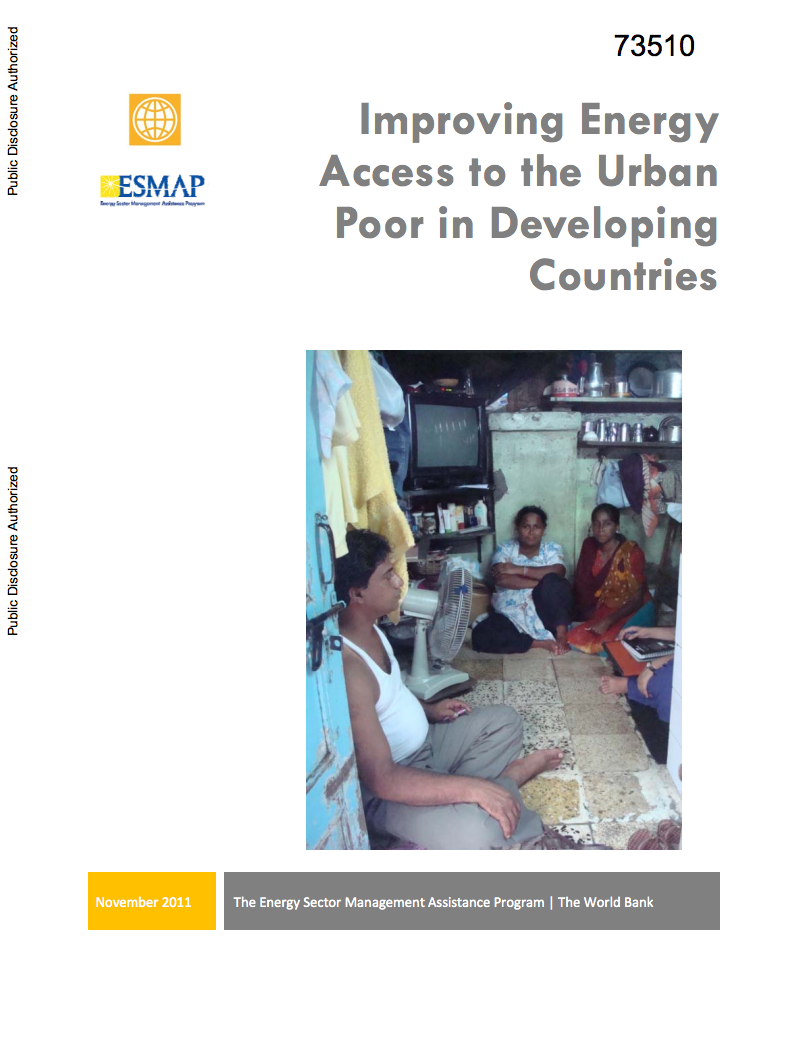Beliefs and Practices During Pregnancy and Childbirth in Urban Slums of Dhaka, Bangladesh
Worldwide urbanization has become a crucial issue in recent years. Bangladesh, one of the poorest and most densely-populated countries in the world, has been facing rapid urbanization. In urban areas, maternal indicators are generally worse in the slums than in the urban non-slum areas. The Manoshi program at BRAC, a non governmental organization, works to improve maternal, newborn, and child health in the urban slums of Bangladesh. This paper describes maternal related beliefs and practices in the urban slums of Dhaka and provides baseline information for the Manoshi program.


